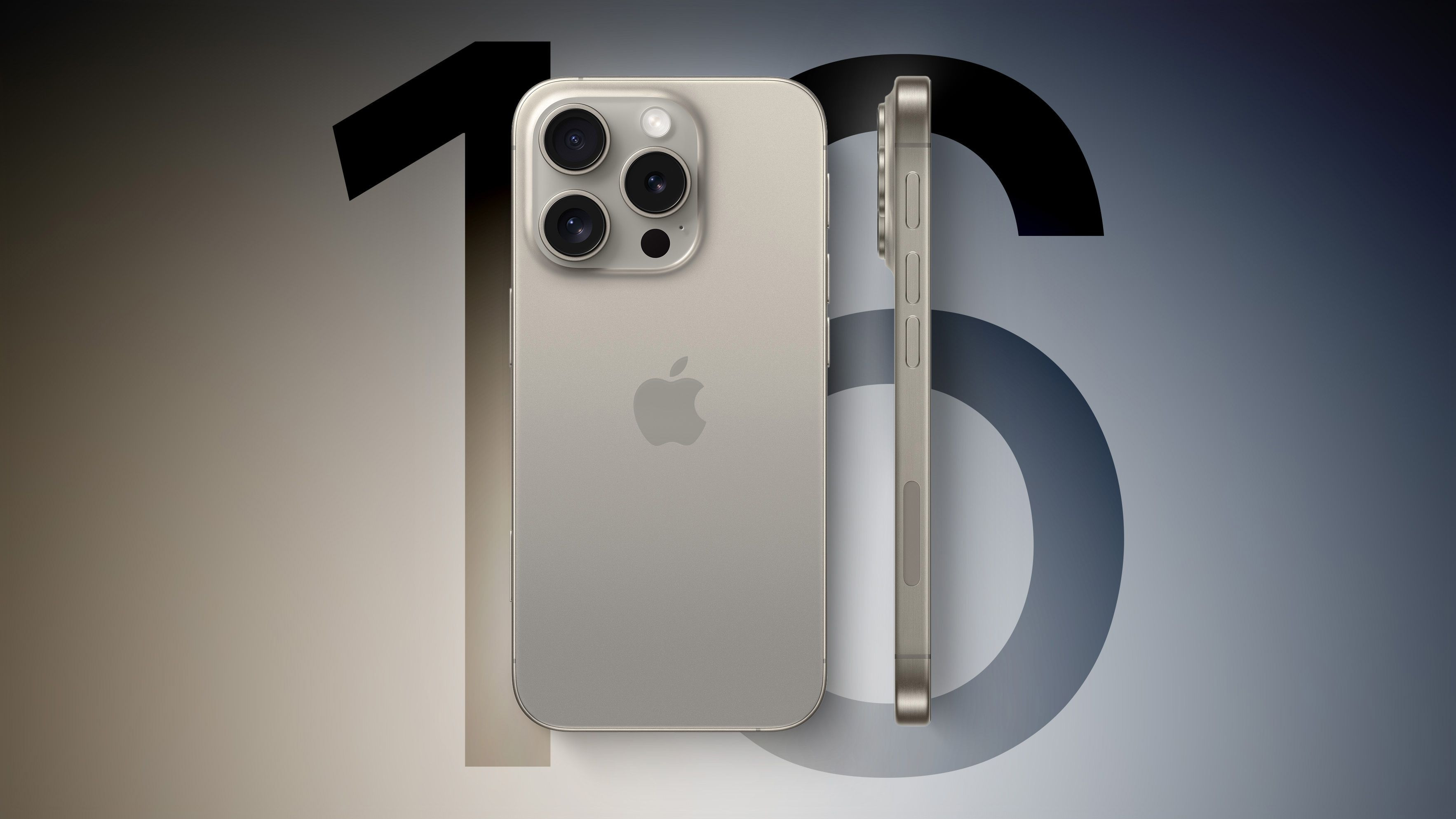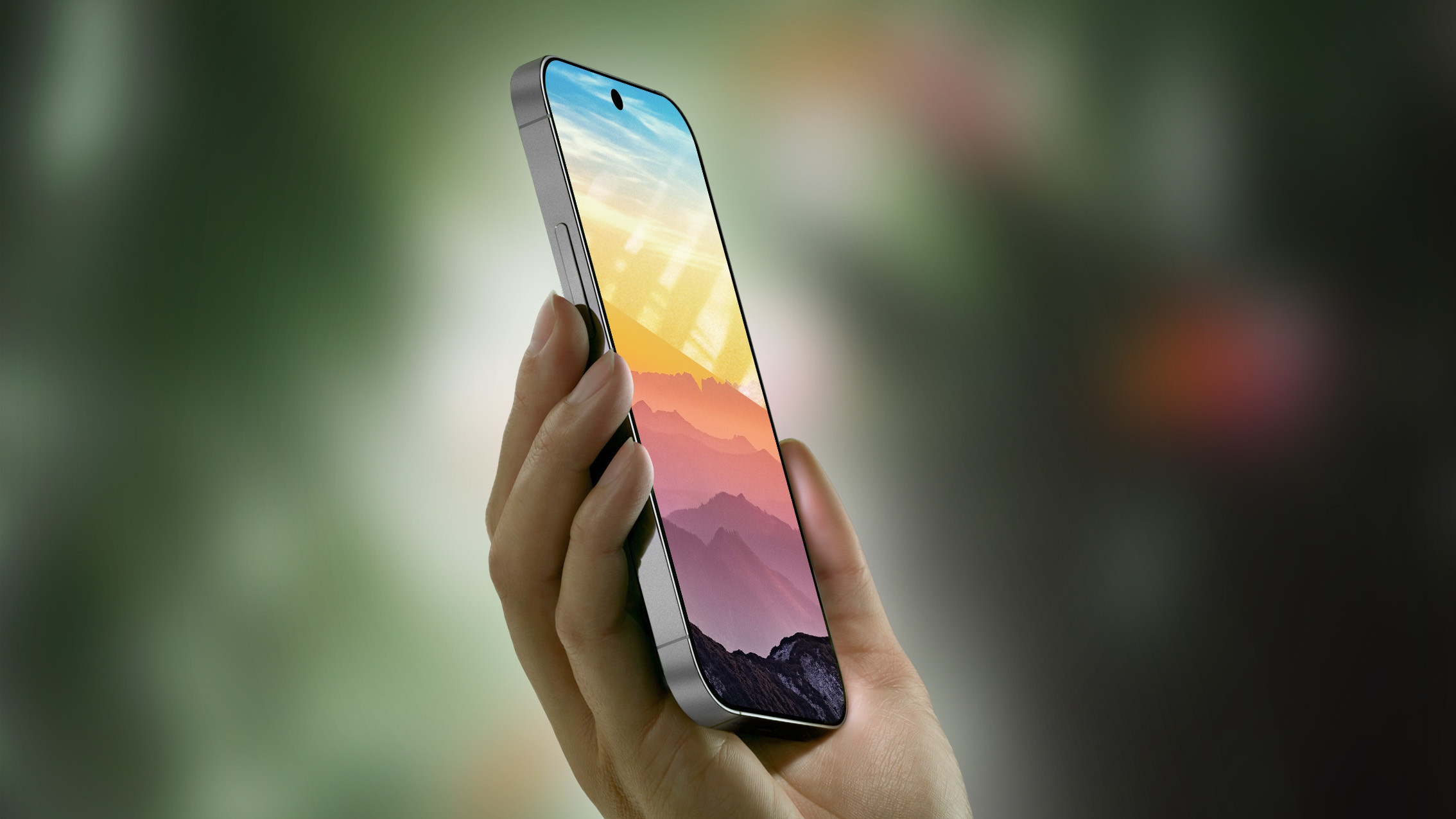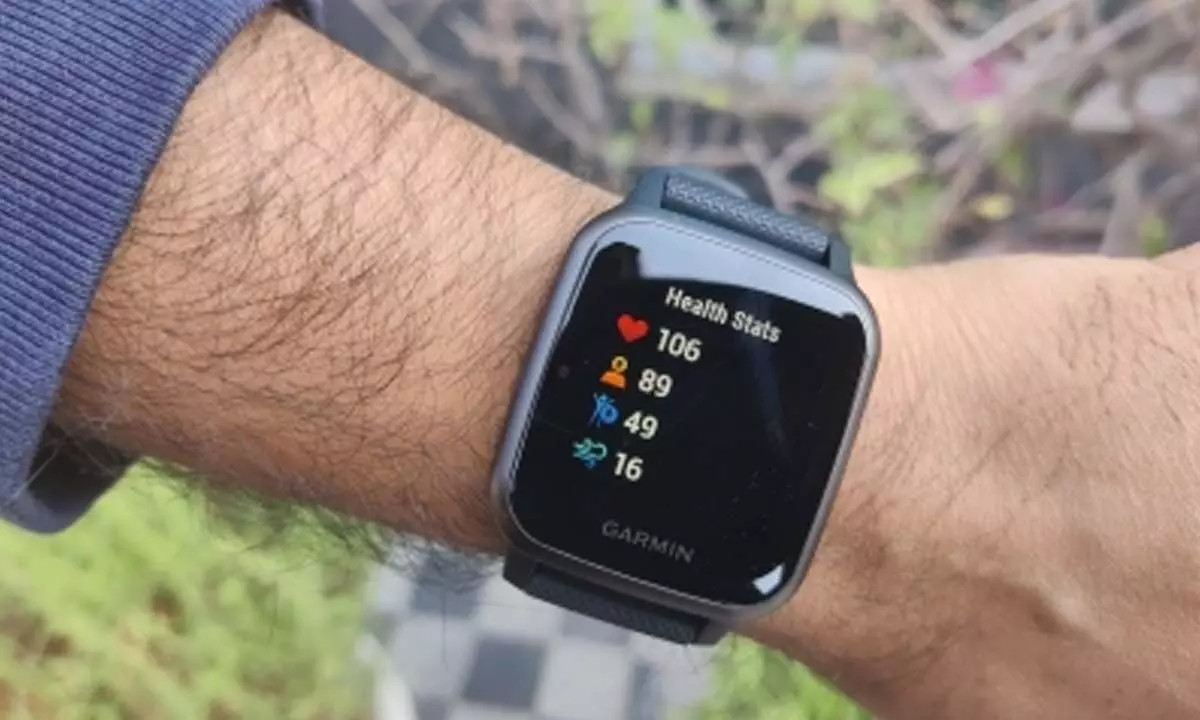The highly anticipated Apple event on September 9, 2024, saw the launch of the iPhone 16 series, marking a significant shift in Apple's strategy. The company is betting on the power of generative artificial intelligence (AI) to convince consumers to upgrade their devices, a feat that has been elusive in recent years. Apple's iPhone 16 launch is a crucial event for investors, as it directly influences the company's revenue and stock performance. Increased sales of the iPhone 16 can significantly drive Apple's revenue in multiple ways. The higher prices of premium models, such as the iPhone 16 Pro, contribute to more revenue per unit sold. Additionally, frequent upgrades encourage existing users to replace older models, leading to an increase in overall sales.
Beyond direct sales, Apple benefits from its ecosystem, as higher iPhone sales often lead to increased demand for accessories like the Apple Watch and AirPods. The launch also drives additional revenue from services such as iCloud and Apple Music, as users tend to spend more on Apple’s ecosystem after purchasing new devices. Apple faces immense pressure ahead of the event to prove the new AI features and other iPhone 16 updates are worth shelling out for an upgrade. Apple also needs to convince investors that it hasn’t fallen behind in the AI arms race, as rivals have already released similar features with the new technology.
Since the launch of the iPhone 12 with 5G connectivity in 2020, the company has given customers few reasons to buy the latest generation. Phone cameras have largely advanced to the point where they’re sufficient for most people’s day-to-day needs without major hardware changes, and at some point the human eye isn’t even capable of perceiving higher screen resolutions. As a result, iPhone sales, which make up half of the company’s revenue, have been sluggish. The company’s shares had been relatively stagnant, too, until the Apple Intelligence unveiling, a sign that investors are counting on AI to convince people to buy new iPhones. Apple’s stock is up 14% since the June 10 event, and nearly 18% since the start of this year.
Apple Intelligence: The Key to Upgrading?
Apple Intelligence, the company's new AI platform, is expected to be the main attraction for the iPhone 16. The company has already hinted at some of the things Apple Intelligence will be able to do: it will enable more natural conversations with Siri, help draft emails, make it easier to find specific moments in your photo albums and incorporate users’ personal information into its responses. The company’s task on Monday will be to show iPhone users what that will look in real life.
“Expect to see demos about how, within your text chain, you can get summaries,” Luria said. “You’ll know why did Tiffany M have beef with Tiffany R, and you’ll be able to ask that within the chat and get a response. Those are the kinds of things that will get people excited … to show some concrete examples of how folks will be able to use Apple Intelligence to do things they weren’t previously able to do.”
Hardware Upgrades: Beyond AI
While AI takes center stage, Apple is also expected to introduce hardware upgrades, including a new A18 chip, which will be essential for handling the demanding data processing needs of Apple Intelligence.
There are also rumors of a dedicated camera button, a wider screen, and updated edges. Apple aims to create a sense of distinction with these subtle design changes, signaling to consumers that the iPhone 16 is a significant upgrade over its predecessors.
Price Concerns: Balancing Innovation and Affordability
A major question heading into Monday’s event is how Apple will price the iPhone 16 lineup. For the last four years, the starting price at launch for the new iPhones was $799.
Apple enthusiasts have debated for years whether iPhone models should be cheaper, while investors would prefer maximum profit. Many analysts, including CFRA Research’s Angelo Zino, say Apple could modestly raise prices “across the board” for the iPhone lineup because of the new AI features and the cost to the company of delivering them.
However, it almost certainly won’t be a major hike because “they don’t want to lose the (customer) enthusiasm because of sticker shock,” Luria said.
Beyond the iPhone: Apple Watch and AirPods Updates
Rumor has it that Apple may also announce updates to the Apple Watch and AirPods. The Apple Watch Series 10 is expected to be thinner than its predecessors but with a larger screen, and the company is also set to roll out new low-end and mid-tier AirPod offerings, Gurman reported, citing unnamed people familiar with the situation.
These updates would follow new software offerings for both devices that Apple announced at its annual developers conference in June. AirPods users will be able to answer or decline a call with just a nod or shake of their head. And new vital sign tracking on Apple Watch can notify users when they may be getting sick, based on signals like body temperature and heart rate.
The Bottom Line: A Crucial Launch for Apple
The iPhone 16 launch is a pivotal moment for Apple. The company needs to convince customers that the new AI features and hardware upgrades are worth the upgrade. If Apple delivers on its promises, it could see a significant boost in iPhone sales and revenue. However, if customers remain hesitant, Apple may find itself facing an uphill battle in the highly competitive smartphone market.
What’s Next for Apple?
Apple's success will depend on its ability to balance innovation with affordability. The company needs to ensure that the iPhone 16 offers a compelling value proposition for customers while also meeting investor expectations for growth. Apple's future is bright, but it will need to continue to innovate and adapt to the changing needs of its customers in order to remain a market leader. The launch of the iPhone 16 is a crucial step in this journey.



















